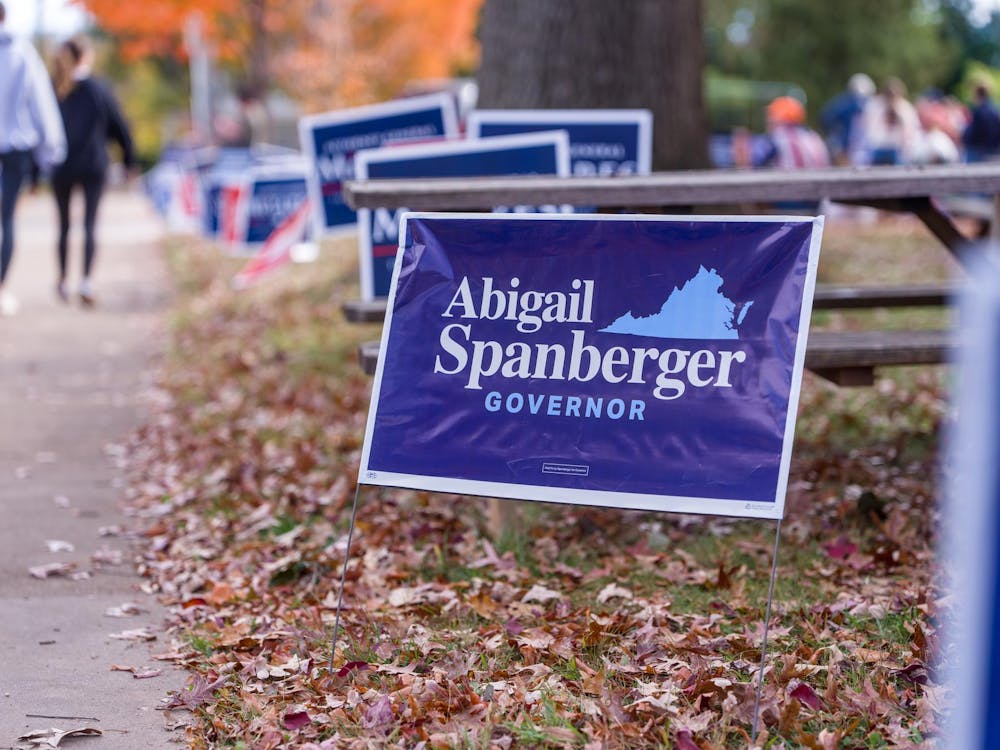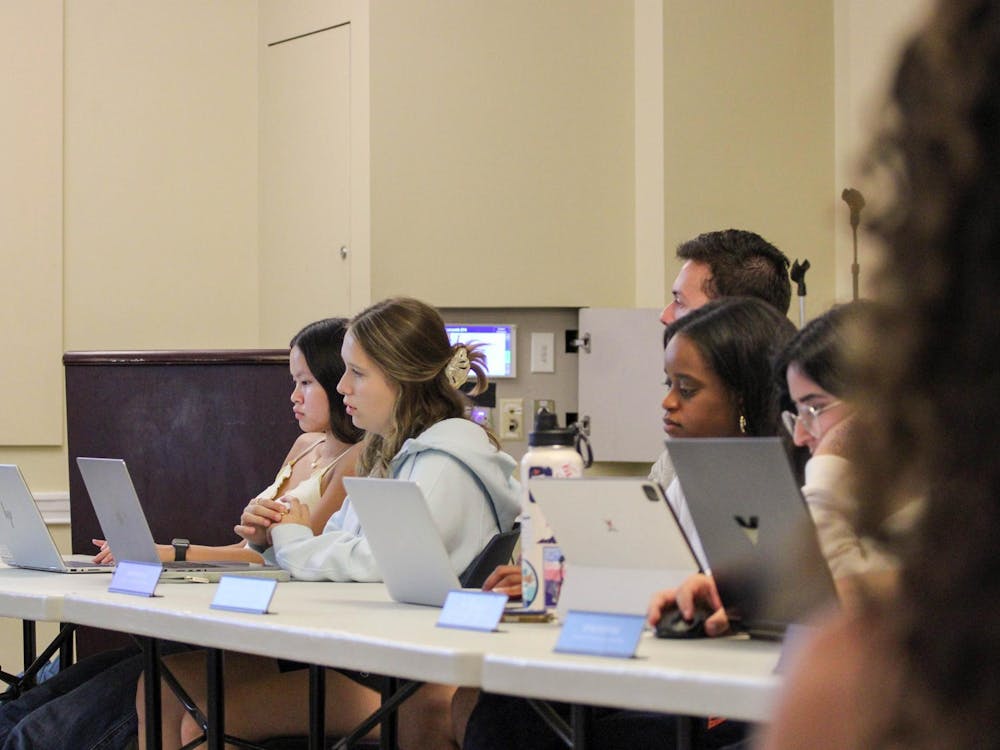Members of the University community remain conflicted on next week’s Restore the Ideal vote, when students will decide whether to implement two hotly contested reforms into the Honor Committee’s constitution and bylaws.
The twofold proposal offers students two changes to the committee’s operations — and students must vote to approve or disapprove the proposals as a package. Informed retraction allows a student reported to the Honor Committee to admit guilt in lieu of going to trial and subsequently take a one-year absence from the University rather than face expulsion under honor’s single sanction policy. If students choose to go to trial instead of taking the option of informed retraction, the second part of the proposal puts the accused student before a jury of elected Honor representatives instead of giving them the options to appear in front of a jury of randomly selected students or a mixed panel of representatives and randomly selected students.
Committee Chair Stephen Nash, a fourth-year College student, said the committee always knew it would be an uphill battle, but Committee members believe they owe the student population a proposal designed to target existing problems.
Judging Jury Reform
Against a backdrop of active honor outreach about the proposal, the “Vote No for Honor” campaign has garnered widespread support from students opposed to the reforms. The majority of the dissension comes from people opposed to the jury reform process, rather than the implementation of informed retraction, but there are those who see their stance more of an indictment on the use of single sanction.
Second-year Law student Ronald Fisher, a member of the Editorial Board of the Virginia Law Review, was an early opponent to the jury reform component of the proposal.
“Despite the Honor Committee’s assertions to the contrary, this proposed body is not a ‘jury’,” Fisher wrote in a Jan. 28 editorial for The Cavalier Daily. “There is a word for an institution which is given plenary authority to investigate violations, charge alleged offenders, and pass judgment upon those charged. They are called ‘inquisitions.’”
Nash said the current random student panel at honor trials does not constitute a traditional “jury” either, as juries in federal courts are passive listeners whereas the student panels in honor trials actively question accused students throughout the trial.
“The reason for jury reform is that we believe all-committee juries are best protection for students,” Nash said. “They’re the most exhaustive, the most thorough conversations, and the truth is pursued at each and every jury.”
Fourth-year College student Emily Forrester, chair of the University Judiciary Committee, said the jury reform would create a more useful jury and establishes a process similar to that of UJC.
“[UJC elected juries] are more effective than a random panel at deciding guilt,” she said. “[The juries are] able to see what is and what isn’t a legitimate argument.”
Dean of Students Allen Groves said he supports both of the reform efforts. “In my opinion, the jury reform will bring consistency and fairness to the process, much as it does with UJC,” he said in an email. “[Also] informed retraction will allow for a more measured response in cases of prompt and honest acceptance of fault.”
Questions; Concerns
Some still contend the two proposals do not have a direct connection and should not be voted on as a package.
“The only way to get the vote out to students was to tie them together,” Fisher said. “They aren’t logically linked in any way necessarily. I don’t think it’s a nefarious scheme, just a product of politics,”
Fourth-year Architecture student Kaitlyn Badlato, a Committee representative, cast the only dissenting vote when the committee voted last semester. Badlato said she understood the rationale of the Honor Committee in pairing the proposals, but her reservations with each proposal led her to vote against the reforms.
“I did definitely see how [combining the proposals helps] the issues that [Honor Committee members] were addressing, which was students lying throughout the honor process,” she said. “But there were holes that would put my school at a disadvantage as well as other students at the University.”
The Law School community has been particularly outspoken about the reforms, and its Student Bar Association passed a resolution Monday condemning the Committee’s decision to package the two reforms into one ballot measure.
Additional opposition for the proposals suggest informed retraction unfairly effects international students and those who attend the University on scholarships.
In a letter to the editor, Charles Harris, former Honor Chair, along with more than a dozen former Honor representatives, cautioned students to consider how students with visas or academic scholarships might be adversely impacted by the proposal. Though they did not take a position on the reforms, they said the potential effects on the equal treatment of the student body were troubling.
But Nash said the proposal protects against these concerns of inequality. “We actually paid very close attention to this issue,” he said. “Informed retraction allows international students to finish their semester and work with the administration to reapply for a visa before they leave country immediately.”
Because financial aid or scholarships are valid for eight academic semesters, the informed retraction wouldn’t disable students from being eligible to continue to receive funding for the semesters when they return from the year of absence, Nash said.
A broken sanction or system?
The swell of contention around the issue, however, may be more a product of a lack of trust in the honor system in general.
Forrester said with the current system the juries are ultimately deciding what they think about single sanction, not the accused student’s innocence. Forrester said she is opposed to single sanction, though she supports the proposed reforms.
Fisher said he believes these proposals are meant to address the problems single sanction creates without addressing single sanction itself.
Even within the administration, there is a hesitancy to fully endorse the current system. Groves said that he has seen about 10 cases that could have been filed in either the UJC or Honor forum, and every time he has chosen to file them under UJC discretion.
“That might well change if these reforms are passed,” he said.
The Committee has hosted debates on single sanction in the past, and referenda to amend the process have appeared on the ballot before and failed, Nash said. “We believe we can create an effective solution within the single sanction framework and that’s what we did,” he said. “If students want to have a subsequent conversation about the sanction, we can do that.”






